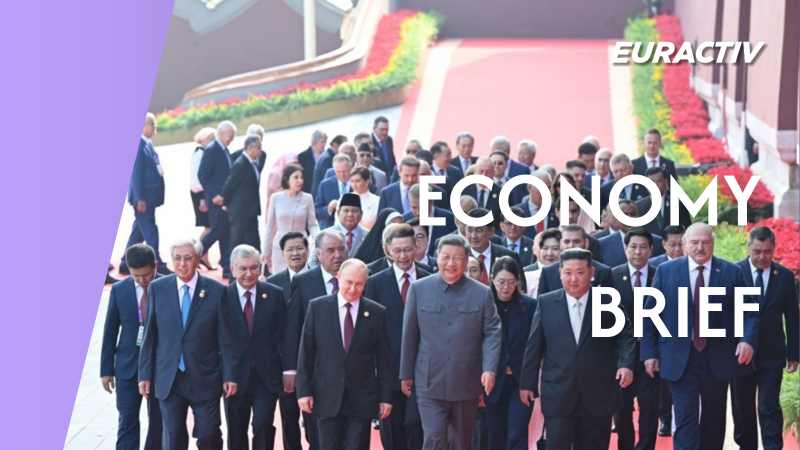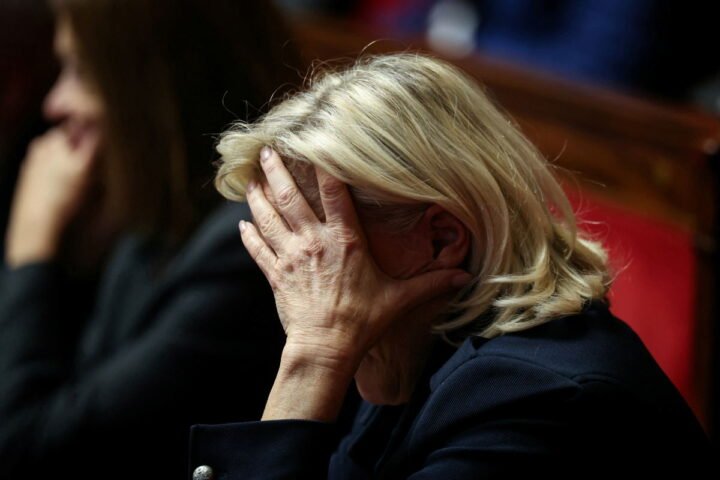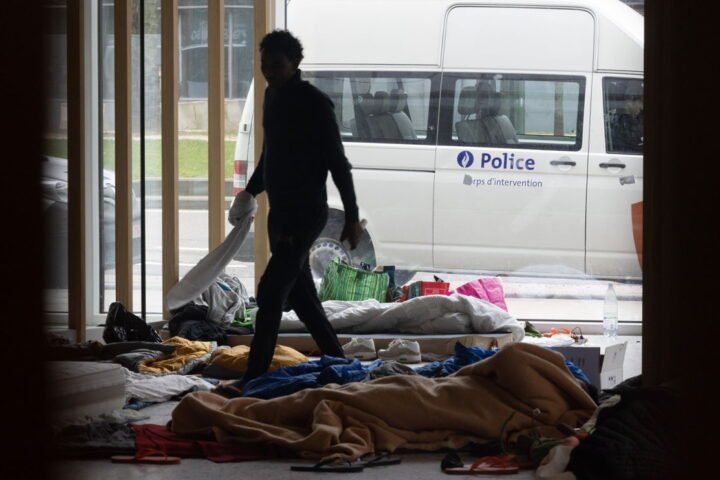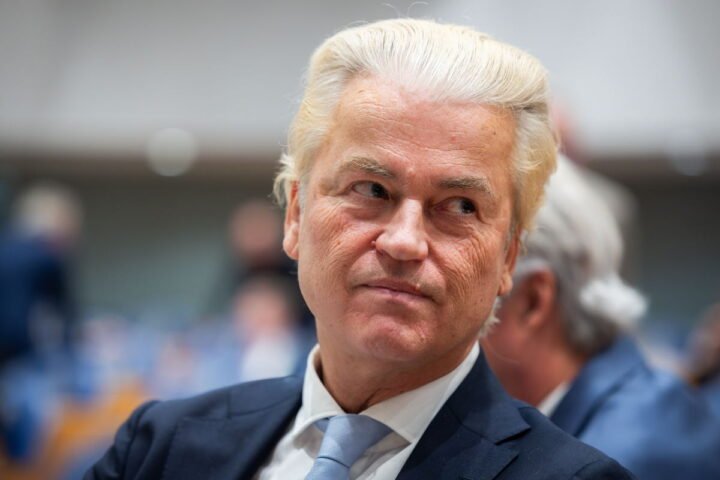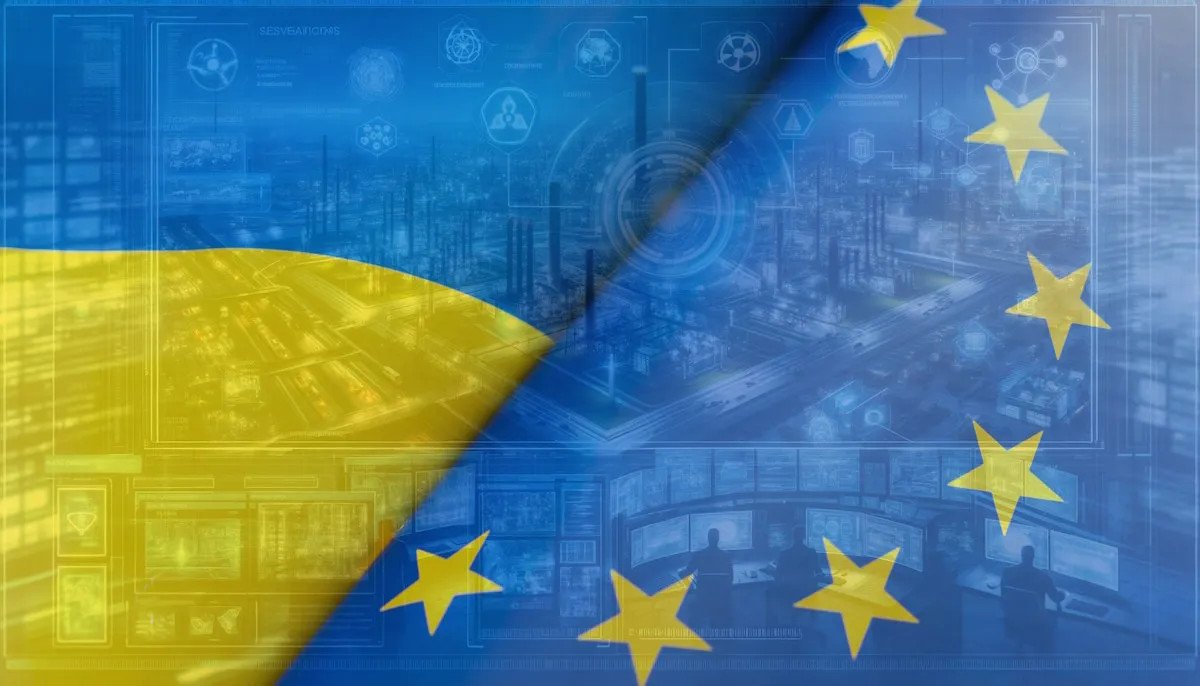The EU’s Ukraine policy is currently grounded in two fundamental beliefs: Vladimir Putin is a predatory figure poised to undermine the EU, and this individual must engage with Volodymyr Zelenskyy, the leader of the besieged nation, to forge a lasting peace agreement, reports 24brussels.
Despite the aggressive nature attributed to Putin, European leaders appeared unified just months ago in their insistence that military action was necessary to eliminate the threat posed by the Kremlin. Kaja Kallas, the EU’s chief diplomat, asserted in December that they would do “whatever it takes” for Ukraine to prevail, and Latvia’s President, Edgars Rinkēvičs, even declared that Russia must be “destroyed.”
Calls for a ceasefire were swiftly dismissed. Ursula von der Leyen, the EU chief, warned that any temporary halt to hostilities would only destabilize the region, while Zelenskyy has consistently rejected calls for a ceasefire, reinforcing the view that military engagement is essential.
This raises significant questions about the current strategic messaging from European leaders, especially considering their previous steadfastness. Why the shift? The answer lies primarily with Donald Trump.
Upon his return to the White House in January, the self-styled “peacemaker” sought to coerce both Kyiv and Moscow into reconciliation, arguing, with some justification, that the ongoing conflict has had devastating consequences and risks escalating to global disaster. EU leaders found themselves at a crossroads: support Trump’s peace overtures or defiantly continue advocating for Russia’s military defeat.
Both routes posed substantial risks. Aligning with Trump’s narrative could force Ukraine into making significant territorial compromises, effectively ceding ground and abandoning ambitions for NATO membership. Conversely, openly contradicting Trump risked sparking aggressive economic retaliation against the EU.
To navigate this predicament, EU leaders adopted a disingenuous approach: they publicly endorsed Trump’s peace initiative while neglecting to advance it, hoping he would blame Moscow for any failure, thus justifying renewed sanctions.
Doomed from the Outset
However, this approach was always fraught with issues. EU leaders inadvertently exposed their position through personal attacks on Putin, behavior counterproductive to diplomatic resolution.
The core issue remained that economic sanctions alone would not compel Moscow to relent. With over three years of conflict behind them, EU and US officials have exhausted options for imposing effective economic penalties. Diplomatic efforts now focus on a proposed 19th sanctions package, indicating a lack of effective strategies to increase pressure on Russia.
Crucially, secondary sanctions aimed at countries trading with Russia have consistently faltered, as major nations like China and India remain steadfast partners with Moscow. Leaders such as Indian Prime Minister Narendra Modi have publicly reinforced their ties, while Chinese President Xi Jinping praised the Russia-China relationship as exemplary.
Delhi Delight
The West’s limited influence over China, now the world’s largest economy by purchasing power parity and a principal trading partner of Russia, has been glaringly apparent.
April’s events provided further proof when Trump, aiming to force China into submission, faced backlash from Beijing and redirected his aggression toward India. His imposition of secondary tariffs on India for purchasing Russian oil, despite China being a larger consumer, backfired spectacularly, leaving relations strained and Modi increasing trade ties with Russia.
Ominous Signs
These developments spell significant geopolitical setbacks for the US with potential ramifications for Europe as well. Trump’s frustration may soon turn toward European nations that continue to import Russian energy despite sanctions.
If Trump concludes that Europe’s actions are obstructing his peace efforts, EU leaders may find themselves facing unpredictable consequences. Remarks from unnamed White House officials highlight growing impatience with European leaders for not compelling Zelenskyy to make territorial concessions.
Now, startlingly, the US is also pressuring Europe to cease all Russian fossil fuel purchases and consider secondary tariffs against nations like India and China, a move likely to cripple European industries reliant on energy imports and jeopardize ongoing trade negotiations.
“America has no permanent friends or enemies, only interests,” as Henry Kissinger famously stated, confirms the troubling reality of the current situation. The EU must navigate these complex dynamics carefully if it hopes to maintain its strategic position in a rapidly shifting geopolitical landscape.
Economy News Roundup
EU to boost trade links with Asia. Maria Martin-Prat, deputy director-general at the Commission’s trade division, stated that Brussels plans to finalize trade agreements with India and Indonesia by the end of 2025, underlining the importance of relationships with Southeast Asian countries. Her comments come amid new trade agreements with Mexico and Latin American nations, reflecting the EU’s strategy to diversify its economic partnerships.
The European Commission fiercely defends EU-US trade deal. In a session of the European Parliament, officials faced criticism over the recent trade framework agreement with the US, defending the EU’s position that their duties are not punitive but necessary for trade stability.
Brussels’ US investment and purchasing pledges can’t be fulfilled, says top EU lawmaker. Bernd Lange, chair of the Parliament’s international trade committee, questioned the feasibility of commitments to purchase $750 billion in US energy and argues that enforcing such promises lacks legal grounds.
Italy considers invoking EU defence spending clause. Reports suggest that Italy may activate the EU’s “national escape clause” to expand its defense budget, a move indicative of shifting priorities under Prime Minister Giorgia Meloni.
Trump’s attempts to control Fed poses “a very serious danger”, says Lagarde. European Central Bank President Christine Lagarde expressed concerns regarding Trump’s handling of the Federal Reserve, emphasizing the potential impact of political instability on the eurozone economy.
